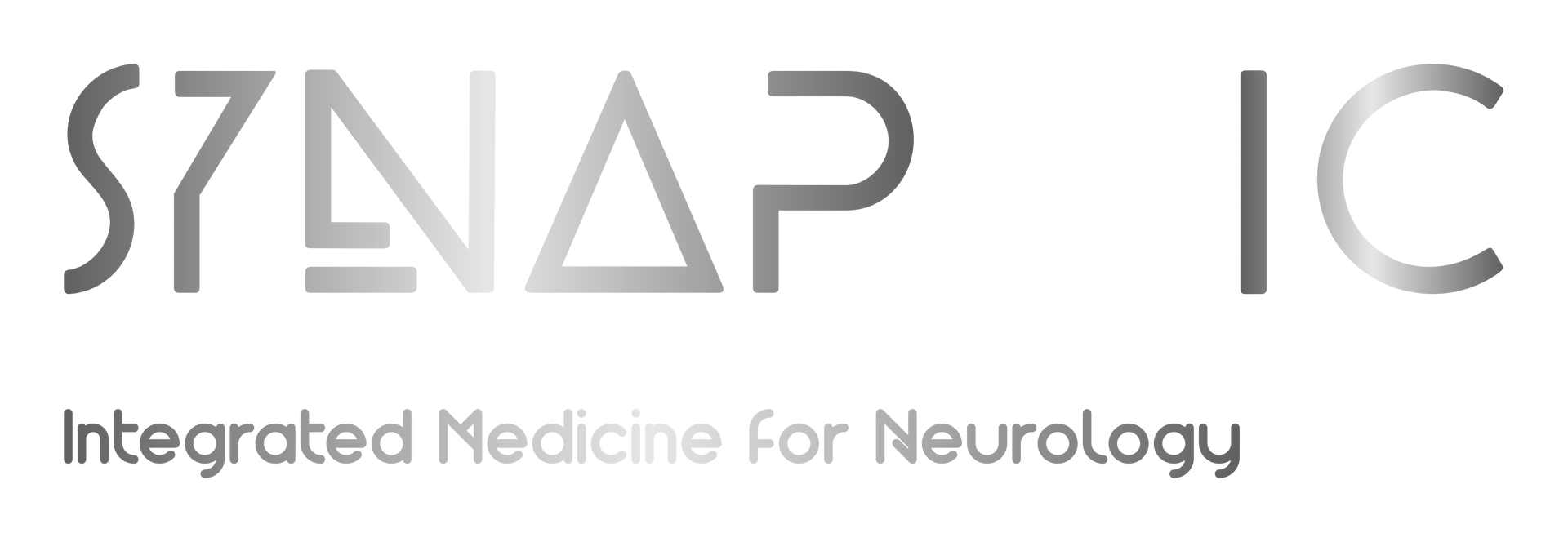
Stress & Anxiety
TREATMENT
Using ultra-fine Japanese acupuncture needles and various non-needle, electromagnetic stimulation techniques, our targeted neuromodulation therapy stimulates the parasympathetic nervous system, regulates neurotransmitters, and reduces stress hormones to enhance relaxation and emotional balance.
Why Effective:
- Neurochemical Balance: Modulates serotonin, dopamine, and endorphins to improve mood and reduce feelings of anxiety.
- Stress Hormone Reduction: Lowers cortisol levels, directly alleviating anxiety and stress, and promoting a state of calm.
- Neuroplasticity Enhancement: Strengthens neural pathways associated with emotional balance, enhancing the brain's ability to maintain equilibrium under stress.
- Sympathetic Nervous System Modulation: Decreases overactivity in the sympathetic nervous system, leading to enhanced relaxation and reduced stress responses.
Our botanical medicine approach uses adaptogens and calming herbs to reduce anxiety, promote relaxation, and balance neurotransmitters. These natural compounds are chosen for their specific effects on brain chemistry and stress response systems.
Why Effective:
- Enhances Cerebral Blood Flow: Improves blood circulation within the brain, which is crucial for maintaining a relaxed state and optimal mental functioning.
- Balances Neurotransmitters: Modulates key neurotransmitters such as serotonin, dopamine, and GABA, which play significant roles in regulating mood and anxiety levels. This balance helps reduce feelings of anxiety and promotes a more stable emotional state.
- Anti-inflammatory Properties: Reduces neuroinflammation, a factor that can exacerbate anxiety and stress, by inhibiting pro-inflammatory cytokines and oxidative stress in neural tissues.
- Adaptogens: These compounds strengthen the parasympathetic nervous system—the part of the autonomic nervous system responsible for relaxation and recovery—thereby helping to reduce anxiety and enhance overall calmness.
- Calming Herbs: Provide direct soothing effects on the nervous system, improving emotional stability and reducing the physical symptoms of stress such as tension and irritability.
Our neuropsychological assessments are tailored to identify and understand the cognitive and emotional components of stress and anxiety. These assessments help pinpoint specific brain functions affected by stress, such as attention, memory, and emotional regulation, allowing for the development of targeted therapeutic interventions.
Why Effective:
- Cognitive and Emotional Mapping: Provides detailed insights into how stress and anxiety affect cognitive processes and emotional responses, enabling precise identification of areas needing intervention.
- Stress Impact Assessment: Evaluates the impact of chronic stress on the brain, including its effects on neural plasticity and neurotransmitter systems, crucial for developing effective treatment plans.
- Behavioral Pattern Analysis: Identifies behavioral patterns and triggers that exacerbate stress and anxiety, offering a basis for behavioral interventions that improve coping mechanisms.
- Customized Intervention Strategies: Based on assessment results, personalized intervention strategies are developed to address the unique challenges faced by each patient, enhancing their ability to manage stress and anxiety effectively.
- Improved Stress Management: Patients gain a deeper understanding of their stress triggers and responses, leading to more effective management techniques.
- Enhanced Emotional Regulation: Tailored interventions help patients develop better emotional control, reducing the frequency and intensity of anxiety episodes.
- Cognitive Function Preservation: By addressing stress-related impacts on the brain, the treatment helps preserve and improve cognitive functions, preventing long-term damage.
- Long-Term Resilience: With improved insights and coping strategies, patients build long-term resilience against stress and anxiety, enhancing overall mental health and quality of life.



